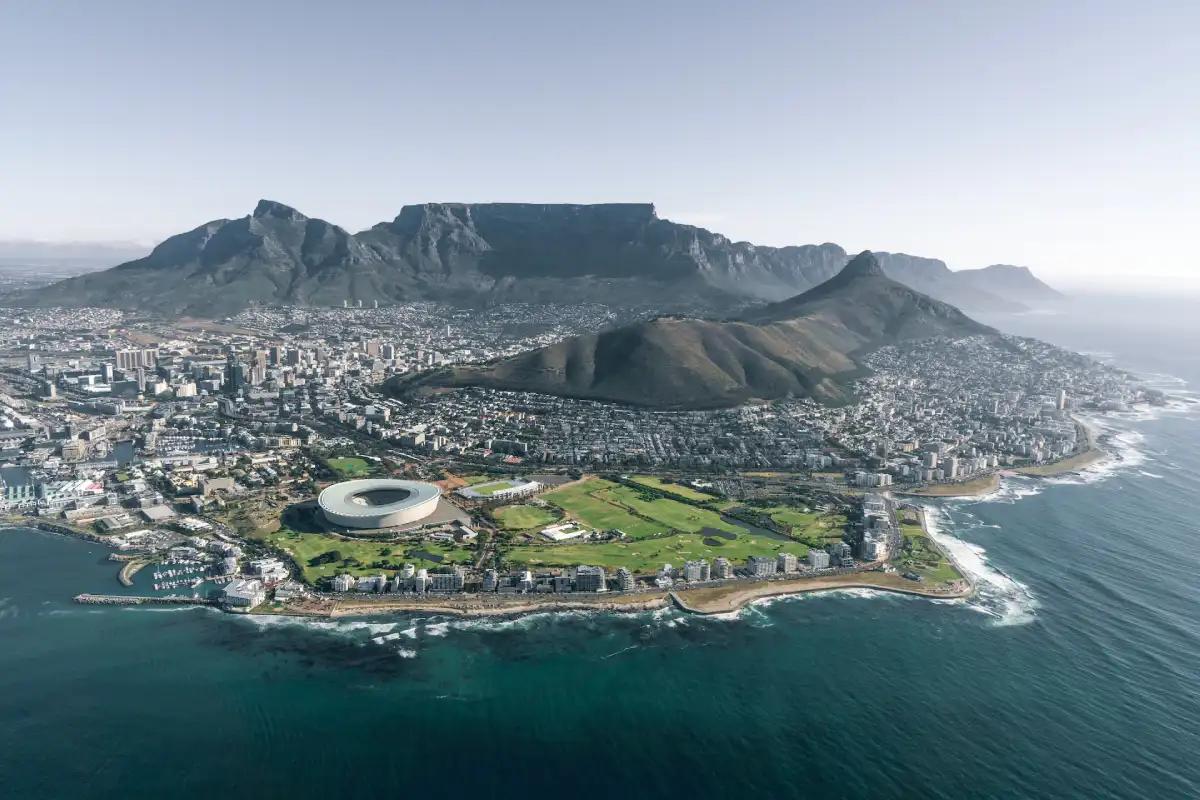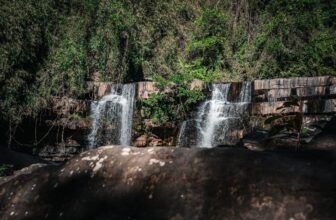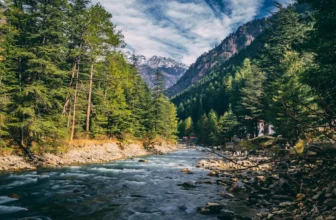
South Africa, a country laden with diverse landscapes, pulsating energy, and a history that has shaped its present, offers a captivating experience for every kind of traveler.
From the mighty Table Mountain’s panoramic views to the humbling Apartheid Museum, and the wild wonders of Kruger National Park, South Africa’s charm extends far beyond its natural beauty.
Its fusion of cultures, languages, and traditions makes it a vibrant mosaic that beautifully reflects the essence of the African continent.
However, any journey to this diverse country can be even more enriching and stress-free if armed with some essential knowledge before setting foot on South African soil.
This comprehensive guide will serve as your beacon, illuminating key aspects of travel, cultural nuances, safety measures, and more.
Why Choose South Africa as Your Next Destination?
South Africa stands out on the world map as a compelling destination that offers an array of exciting opportunities for every traveler.
● Natural Beauty
Its bewitching natural beauty, embodied in its sun-drenched coasts, towering mountain ranges, and vast national parks, holds a universal appeal. The country’s geographic diversity is further complemented by its rich biodiversity.
Here, adventure enthusiasts can find their paradise, for example through expeditions in the Kruger National Park.
● Historical Heritage
South Africa’s historical heritage is a tapestry of human resilience and transformation. Places like Johannesburg’s Apartheid Museum and the iconic Robben Island in Cape Town provide profound insights into the country’s past, shedding light on the journey towards freedom and equality.
● Cultural Tapestry
The heart of South Africa thrives in its people, their warm hospitality, and their rich cultural tapestry. The country is a melting pot of cultures and countless traditions that contribute to its vibrant atmosphere.
Whether you’re exploring the colorful neighborhoods of Bo-Kaap, participating in a traditional Zulu ceremony, or getting lost in the rhythm of African drum beats, the cultural experiences are bound to be memorable.
● Culinary Scene
Lastly, let’s not forget about the country’s renowned gastronomy. South Africa’s culinary scene is an exciting blend of indigenous tastes, Asian influences, and European culinary traditions. From traditional Braai (barbecue) to the spicy Bunny Chow, your taste buds are in for a delightful journey.
South Africa’s amalgamation of natural beauty, historical depth, cultural richness, and gastronomic excellence makes it an unmissable destination on any travel itinerary.
- Use resources like this list of the 24 Best Things to Do in Hartbeespoort on qualitydays.com to plan your trip and aid your decision-making for your next vacation destination.
Best Time to Visit South Africa
When planning a trip to South Africa, understanding the country’s climate is key to ensuring the best travel experience, especially when you plan on our proposed outdoor adventure activities. The nation’s geographical diversity means weather can vary greatly from one region to another.
- Important to note: due to its location in the Southern Hemisphere, its seasons are opposite to those in the Northern Hemisphere.
- For those seeking to explore Cape Town and the Western Cape, the summer months from November to February are the most pleasant.
- Meanwhile, the Cape Winelands are especially alluring in the autumn months (March to May) when vine leaves change color and create a picturesque landscape.
- If a safari adventure in the world-renowned Kruger National Park is on your bucket list, the best time to visit is during the dry winter months (May to September).
- Johannesburg and the Gauteng province, on the other hand, are year-round destinations. The region experiences a mild climate, but afternoon thunderstorms are common during the summer (November to February).
- Lastly, for those wanting to witness the spectacular wildflower bloom in the Northern Cape, the best time to visit would be in spring, from August to September.
Local Culture and Etiquette
The country officially recognizes 11 languages, including English, Afrikaans, and nine Bantu languages.
- Zulu and Xhosa are among the most widely spoken, but English is commonly understood throughout the country.
South Africans are known for their warm hospitality and friendly disposition. A firm handshake is the customary form of greeting. Eye contact during conversations is important, signifying honesty and interest. Remember to respect people’s personal space and avoid sensitive topics like politics and religion in casual conversations.
- When invited to a South African home, it is customary to bring a gift, such as a bottle of wine, chocolates, or flowers. During meals, it’s good etiquette to wait until the host starts eating or indicates you should do so.
However, it’s significant to remember that while some cultural practices might seem exotic or different, they should always be respected.
- Be considerate when taking photographs, especially of people; always ask permission first.
Traveling Safely in South Africa
Ensuring safety while traveling is always critical, no matter the destination. While South Africa is a popular tourist hub, it is essential for visitors to be aware of potential risks and follow necessary precautions to ensure a safe journey:
- General safety practices, such as keeping an eye on your belongings, avoiding isolated areas after dark, and not flashing expensive jewelry or electronic devices, apply in South Africa just like anywhere else. Tourist areas are generally safe, but it’s always wise to stay alert and aware of your surroundings.
- When exploring the cities, using a reputable taxi service or ride-hailing apps is a safe bet, especially at night.
- If you’re renting a car, always keep the doors locked and windows closed, particularly when stopped at traffic lights.
- When visiting national parks or game reserves, adhere strictly to park rules, stay in your vehicle unless told otherwise, and maintain a safe distance from animals.
- It’s recommended to have comprehensive travel insurance that covers any medical expenses. The country is mostly malaria-free, but anti-malarial medication might be advisable if you’re visiting certain parts of the Limpopo and Mpumalanga provinces or Kruger National Park.
- As for the water, it’s largely safe to drink tap water in urban areas. However, bottled water is recommended in rural regions.
- Remember to stay hydrated, use sunblock, and wear a hat during outdoor activities, as the African sun can be intense.
- It’s crucial to stay informed about the current situation in the country, be it political, social, or related to health advisories. Regularly check updates from reliable sources and heed any advice or warnings.
Conclusion
Embarking on a journey to South Africa is an invitation to experience a myriad of vibrant cultures, landscapes, history, and wildlife unlike any other on Earth.
This country’s rich tapestry weaves together threads of natural beauty, profound historical narratives, cultural richness, and an exuberant spirit that is quintessentially African.
As you traverse this stunning nation, the essential knowledge presented in this guide will arm you with the insights needed to navigate, appreciate, and resonate with South Africa’s diverse heartbeat.






